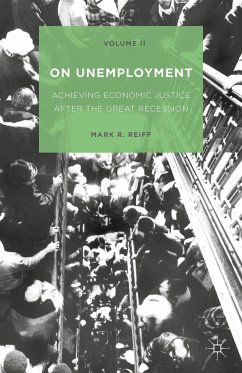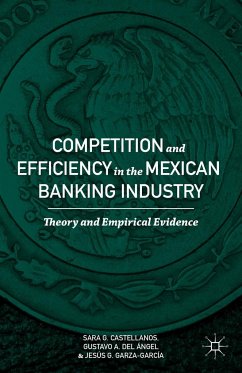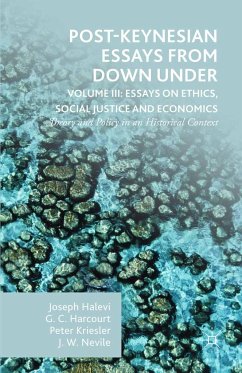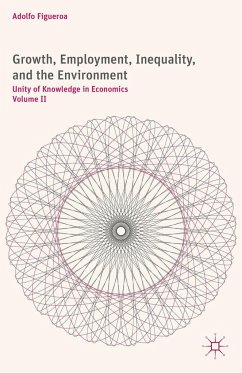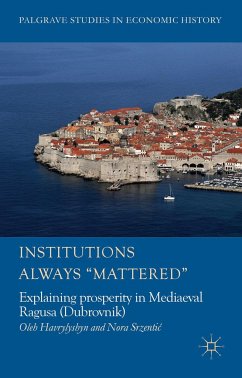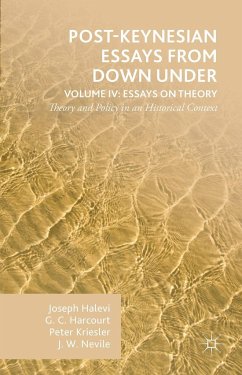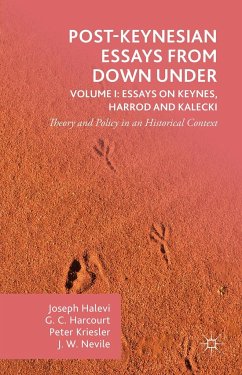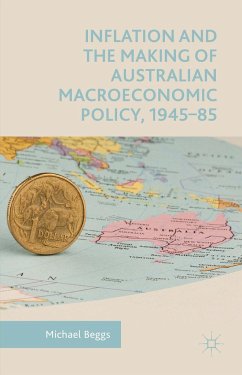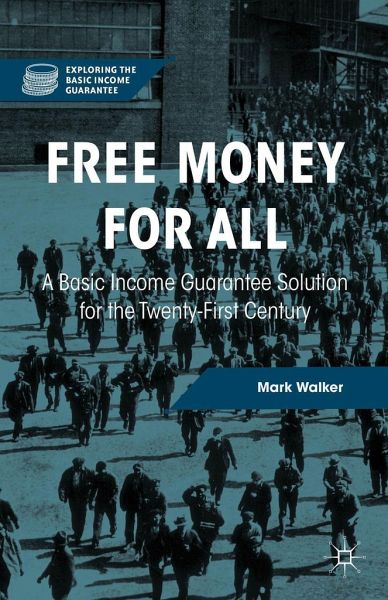
Free Money for All
A Basic Income Guarantee Solution for the Twenty-First Century

PAYBACK Punkte
38 °P sammeln!
A basic income guarantee (BIG) is a payment by the federal government to all adult citizens. This book uses the United States as its model and sets the minimum income at $10,000 USD. Free Money for All seeks to show that not only is a basic income guarantee a feasible model for public policy, it is a morally attractive proposal.In this exciting new volume, Walker argues that BIG promotes three positive outcomes - social stability, gross national happiness, and gross national freedom - unlike alternate proposals such as socialism, laissez-faire capitalism, and the traditional welfare state. He ...
A basic income guarantee (BIG) is a payment by the federal government to all adult citizens. This book uses the United States as its model and sets the minimum income at $10,000 USD. Free Money for All seeks to show that not only is a basic income guarantee a feasible model for public policy, it is a morally attractive proposal.
In this exciting new volume, Walker argues that BIG promotes three positive outcomes - social stability, gross national happiness, and gross national freedom - unlike alternate proposals such as socialism, laissez-faire capitalism, and the traditional welfare state. He uses a philosophical perspective to defend BIG against the claim that the promotion of social goals egregiously infringes the requirements of justice. Free Money for All employs a novel twist on the though that BIG can be supported by the idea of a social dividend.
In this exciting new volume, Walker argues that BIG promotes three positive outcomes - social stability, gross national happiness, and gross national freedom - unlike alternate proposals such as socialism, laissez-faire capitalism, and the traditional welfare state. He uses a philosophical perspective to defend BIG against the claim that the promotion of social goals egregiously infringes the requirements of justice. Free Money for All employs a novel twist on the though that BIG can be supported by the idea of a social dividend.






